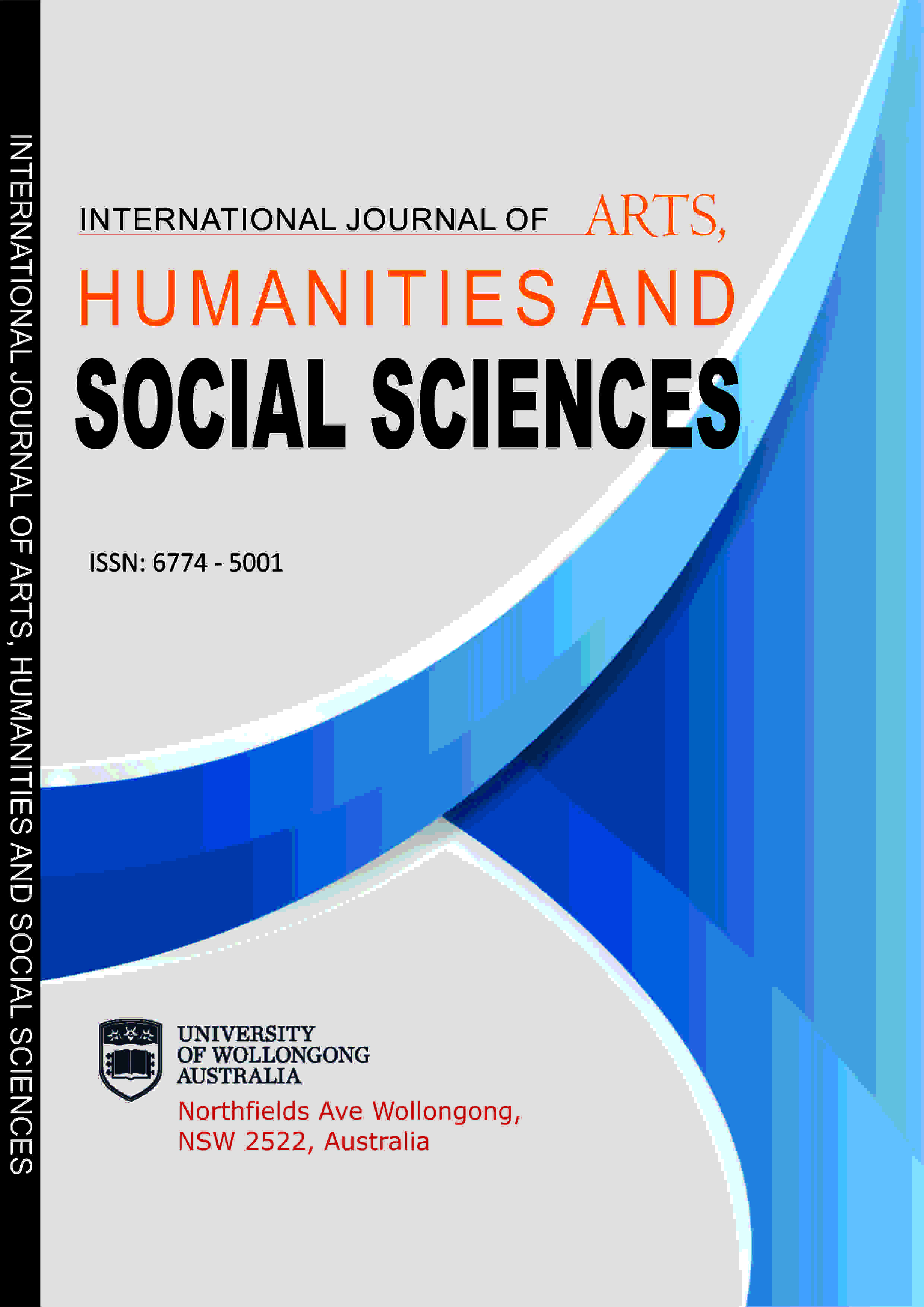INTERNATIONAL JOURNAL OF ARTS, HUMANITIES AND SOCIAL SCIENCES (IJAHSS)
ANALYZING PEOPLE’S BEHAVIOR AND KNOWLEDGE TOWARDS WASTE MINIMIZATION IN LAHORE, PAKISTAN
E-ISSN: 2579-048X
P-ISSN: 6774-5001
DOI: https://iigdpublishers.com/article/462
In today’s modern world, solid waste management (SWM) is one of the most challenging and daunting issues, mostly faced by Asian countries. This encompasses two major reasons such as urbanization and change of living patterns, which have witnessed serious ramifications pertaining to its management. In Pakistan, irregular collection, open dumping particularly at domestic level reflect the dismal image of the cities owing to lack of capacity and awareness level of public. The current study was designed to assess the awareness, knowledge, behavior and attitude of the respondents of Lahore in terms of SWM. Statistical research findings demonstrated that behavior and knowledge of people played pivotal role in waste minimization; for instance, 77% of respondents were found to be well aware of health risk from waste burning, 85% had knowledge of diseases due to improper storage or disposal of waste. It was also observed that well-informed people were willing to pay for effective cleaning mechanism and waste management practices. Therefore, it is highly suggested to create awareness among people and encourage them to cooperate with concerned authorities to ascertain effective waste management practices.
Ayesha Baig & Zeba Haseeb
Bhuiyan S. H. (2010). A crisis in governance: Urban solid waste management in Bangladesh. Habitat.
Int. 34:125–133.
Khoso A. R., Kaynat A., Mehgwar S. L. & Pathan A. A. (2017). Solid Waste Management: Practices and
Problems of Hyderabad City. In Proceeding of the Seventh International Conference on Environmentally Sustainable Development. Pp. 26-28.
Chung S.S. & Carlos L.W.H. (2008). Local waste management constraints and waste administrators in China. Waste. Manage. 28 (2): 272–281.
Cheeseman C.R. (2008). Solid waste Abuja, Niigeria. Waste. Manage. 28 (2): 468–472.
Zhen-shan L., Lei Y., Xiao-Yan Q. & Yu-mei S. (2009). Municipal solid waste management in Beijing City. Waste. Manage. 29 (10): 2618–2624.
